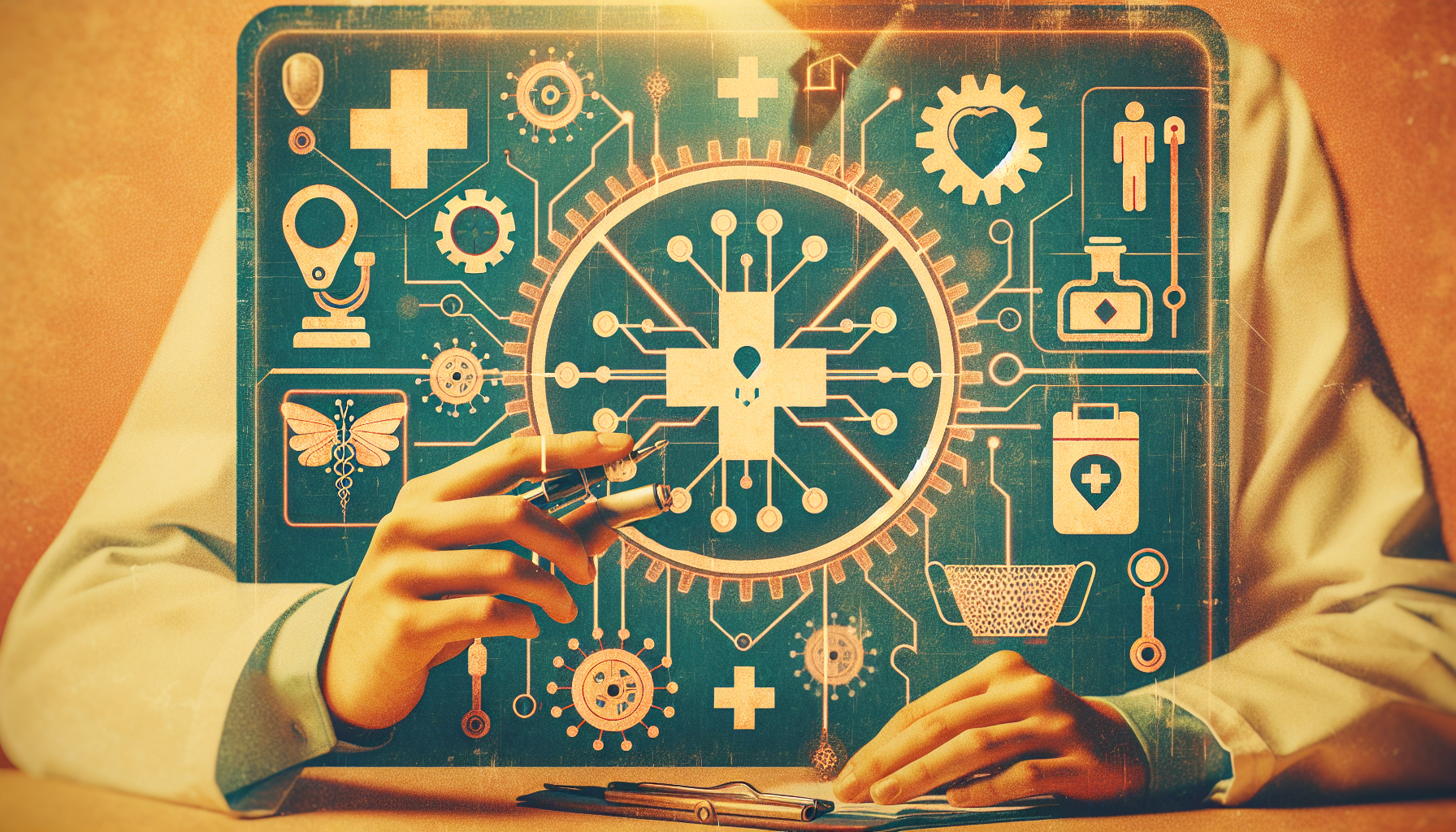The blend of artificial intelligence (AI) with healthcare is reshaping how we receive and manage medical care. This groundbreaking technology is making a mark on everything from diagnosing ailments to easing administrative tasks. Let’s dive into how AI is altering the landscape of healthcare in profound ways.
Boosting Diagnostic Precision
AI is ushering in a new era of precision in diagnosing medical conditions. By sifting through vast libraries of medical data — like images, genetic sequences, and patient histories — AI can uncover illnesses more swiftly and accurately than ever before. Take radiology, for example. Here, AI not only enhances image quality but also spots irregularities and streamlines the creation of radiologists’ reports. The result? A significant increase in both speed and accuracy.
Similar AI tools are being harnessed to interpret EKGs, scrutinize images for prostate cancer, and gauge stroke risk. The benefits are evident, particularly in fields like computer-assisted mammograms, where AI aids in detecting various health issues.
Personalized Medicine and Predictive Care
Fueled by data, AI has the power to revolutionize patient care by predicting who is likely to revisit emergency departments frequently and who might benefit the most from personalized treatment plans. This foresight enables health professionals to tailor treatments, boosting health outcomes and reducing complications. For instance, AI platforms like CareNostics pinpoint patients at higher risk for chronic diseases, providing physicians with evidence-based guidelines for better care.
Remote Patient Monitoring and Telehealth
AI plays a pivotal role in remote health monitoring, thanks to wearable gadgets such as smartwatches and glucose trackers. These devices empower patients to oversee conditions like diabetes and hypertension from their own homes, allowing for near-constant supervision and timely medical interventions. Plus, the emergence of telehealth chatbots provides around-the-clock support, acting as advisors for individuals managing chronic illnesses.
AI-Enhanced Robotics and Independence
By combining AI with robotics, patients with specific medical needs can attain greater independence. AI-infused robots assist individuals with daily activities such as taking medications or tracking health indicators, ensuring more personalized care experiences. Early findings suggest that these robots boost patient engagement with their health regimens, potentially decreasing unnecessary hospital revisits.
Streamlining Administrative Duties
AI isn’t just about improving patient outcomes; it’s simplifying the administrative load on healthcare workers too. Routine tasks like note-taking, meeting recaps, and data management are being automated, letting doctors devote more time to patient care. For example, advanced electronic health records (EHRs) using speech-to-text technology can automatically update patient files, drastically cutting down on clerical work.
Augmenting Healthcare Professionals
Healthcare professionals are embracing AI to uplift their care standards — ensuring it is safer, more standardized, and effective. Digital consults and “digital twin” models allow providers to experiment with different treatments in a virtual setup before trying them out in real-world scenarios. This innovative strategy enhances the accuracy of diagnoses, efficiency of workflows, and overall clinical results.
Considering Ethical and Regulatory Aspects
Yet, the integration of AI in healthcare isn’t without its hurdles. Issues like data access, infrastructure readiness, organizational adaptability, and ethical concerns must be carefully managed. Safeguarding patient privacy and ensuring responsible AI use are essential. Regulatory bodies are working to establish guidelines that promote transparency and responsible oversight of AI tools.
Gazing Towards the Future
The horizon for AI in healthcare is promising and brimming with possibilities, from precision medicine and genomics to interconnected care systems and AI-powered drug discovery. Upcoming technologies will democratize and standardize healthcare further, heralding a future of interconnected, AI-enhanced care.
In essence, AI is revolutionizing healthcare — elevating diagnostic capabilities, crafting personalized care, enhancing patient experiences, and refining administrative workflows. As AI continues its evolution, it is destined to be a core element in the healthcare landscape, fostering innovation and improving patient outcomes globally.

Leave a Reply